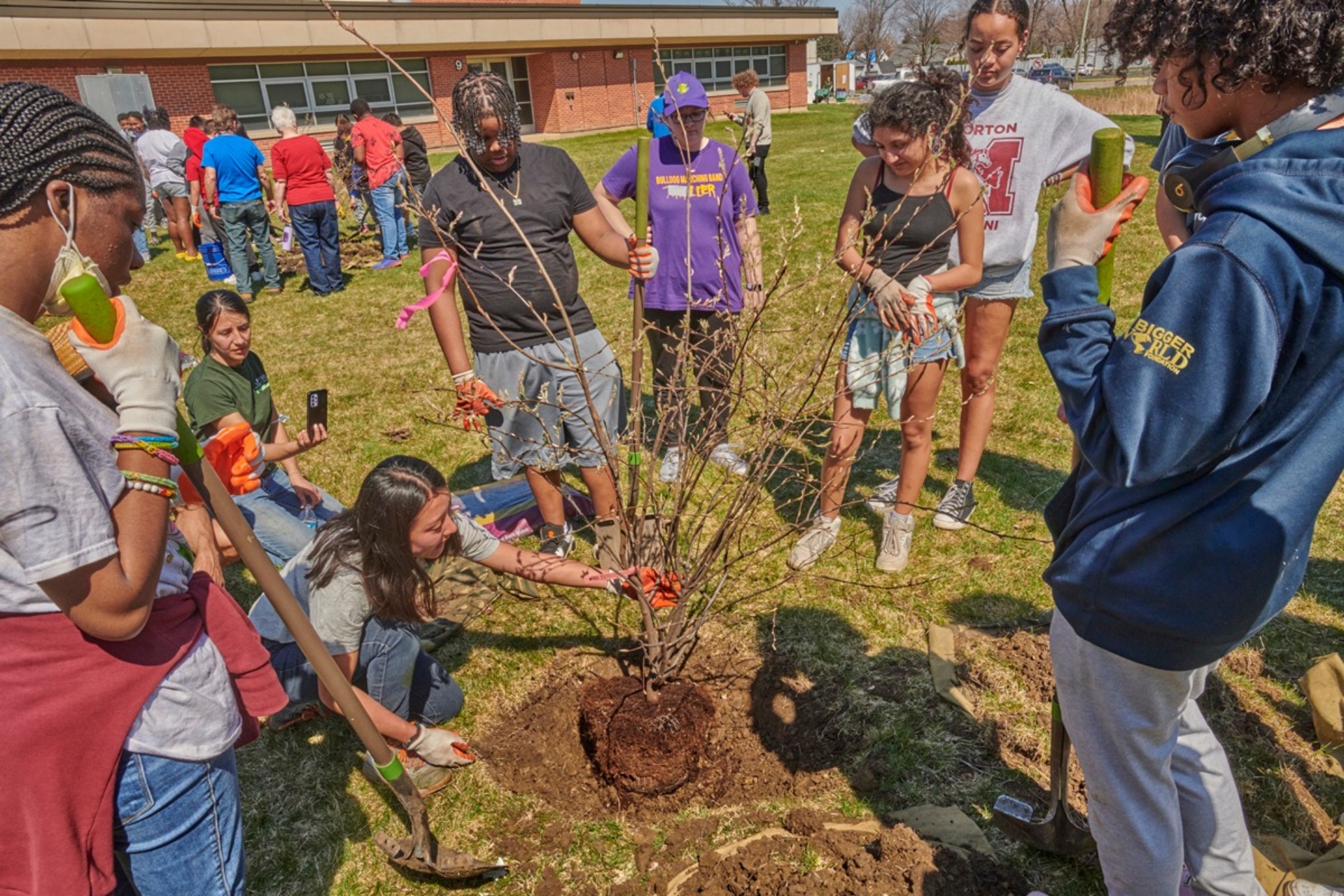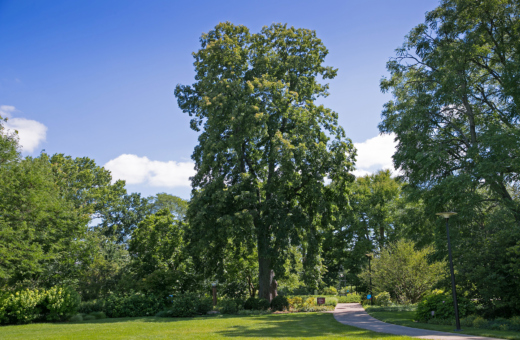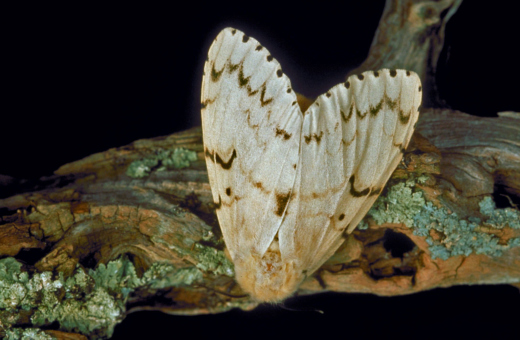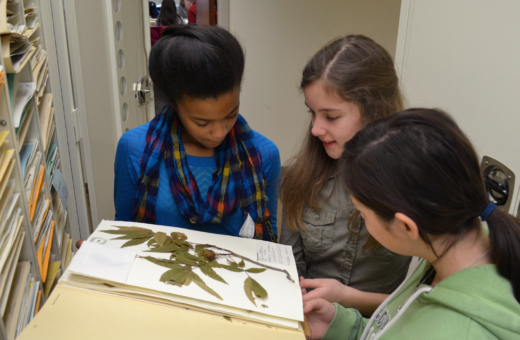April 28, 2023
By Jill Koski, President and CEO
Many people take trees for granted—except those who don’t have any in their neighborhoods. While some urban and suburban areas in Illinois are lush with mature trees providing a beautiful green canopy, the numerous benefits of trees are often unavailable to those in under-resourced neighborhoods.
Although a 2020 Pew poll found that 90% of Americans support planting trees as a way to help reduce the impacts of climate change, The Morton Arboretum’s 2020 Chicago Region Tree Census revealed that the seven-county urban forest is facing significant challenges such as widespread invasive species, the massive loss of ash trees, and the need for more mature and diverse trees as a buffer against climate impacts. A related analysis of the region’s tree canopy shows that areas with less canopy tend to have greater percentages of people of color, higher summer temperatures, increased air and water pollution, and lower income.
Science has demonstrated how the presence of neighborhood trees can be the difference between life and death for vulnerable populations, especially while facing climate change impacts. Mature, well-maintained trees are an important asset in keeping communities healthy and safe. Planting and properly caring for trees can serve as long-term, nature-based solutions to many challenges communities face: reducing heat, managing stormwater and flooding, supporting mental and physical health, reducing crime, removing pollution and providing healthy ecosystems for wildlife.
Arbor Day, celebrated annually on the last Friday of April in Illinois, is an important time to raise awareness among community leaders and residents that trees make vital contributions to our lives. Support and assistance from a broad spectrum of community members is essential to caring for and expanding the urban forest. We must come together to ensure that the right trees are planted in the right places and receive the right care so they grow to healthy maturity.
Community leaders must prioritize trees as part of urban planning. Planting and caring for new trees, and protecting and maintaining existing trees results in a significant return on investment, with mature, larger trees providing the greatest benefits. Those benefits are well-documented through extensive research, including studies conducted by The Morton Arboretum.
Individual community members can make a major impact by learning how to properly care for the trees in their neighborhoods or on their property, and by joining local tree planting and stewardship efforts, advocating for tree-friendly public policies, and supporting local conservation organizations including public gardens, park districts and forest preserves. Arboreta and other types of public gardens play a critical role in this pursuit of healthy and vibrant urban forests, and the resulting benefits provided to people and communities. These institutions provide valuable insights and leadership due to their expertise in botany and horticulture, as well as an established track record of public outreach, education and training.
Unfortunately, not all communities have the resources needed to plant and sustain a healthy, diverse tree canopy in an increasingly urbanizing world. To help address these needs, The Morton Arboretum-led Chicago Region Trees Initiative is spearheading a broad coalition of partners working together to increase equitable planting, care and conservation of trees in urban areas so more people have access to the myriad benefits trees provide. We need more partners to join this effort if we are going to adequately address widespread inequities and provide a first line of defense against climate impacts throughout the state.
This Arbor Day provides an opportunity to commit to immediate and long-term action, working together to increase tree planting and conservation to ensure a resilient future across Illinois. Together, in partnership with individuals, communities, organizations and government agencies, let’s transform our love of trees into an understanding of their benefits and take urgent action to make them equitably available so that everyone can enjoy a healthier and more sustainable future for generations to come.




